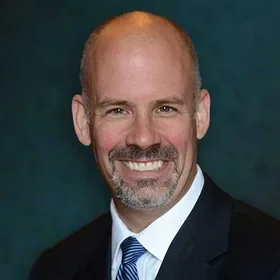The days in which business leaders could afford to focus solely on product and profit are over. Today, business leaders must focus equally on social impact. According to recent research, 67% of millennials would decline to work for a company that did not have strong social responsibility commitments, and 87% of consumers would consider purchasing an item simply because the company advocated for issues they valued.
A great example of a company with a far-reaching social impact strategy is Google, which awards $200 million in grants each year through its philanthropic arm, Google.org. While not all companies have the ability or means to address complex social issues the way Google.org can, Dean Jason Wingard, through his work on the board of Tides (a globally-known philanthropic partner and nonprofit accelerator), has identified three companies that merit distinction for their social responsibility impact when it comes to employees, supply chains, and customers.
These three companies are Pledge 1%, Kate Spade New York, and Twilio. Whether it be by encouraging companies to dedicate resources towards contributing to their communities as Pledge 1% does, or by tackling supply chain issues through empowering women and workers in marginalized communities as Kate Spade New York does, these companies show that prioritizing social impact is an essential part of the modern business world. As Twilio's executive director, Erin Reilly writes, “Put the full weight of the company behind your program, and you will be amazed by the impact it has on the strength of your business, your customer’s trust in you as a company, and your employee culture.”
Read the full article highlighting these exceptional companies at Forbes.com.

